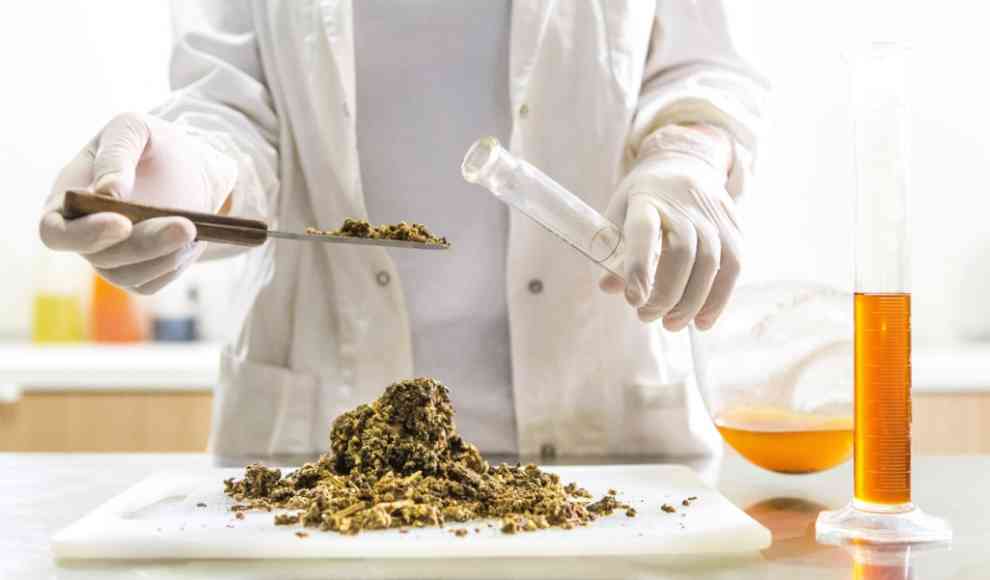A new study has found that many studies in the nutrition and diet field are funded by the food industry, and the results are often positive compared to studies without third-party funding. The study, conducted by a team of scientists at Deakin University in Australia, analyzed 1,461 studies published in the top ten most cited peer-reviewed journals on diet and nutrition in 2018. The results, published in the journal Plos One, showed that almost 200 of the articles were funded by food producers, and more than half of these studies had positive results for certain foods or products. In contrast, only 10% of studies without industry funding had similar results.
The issue of industry-funded studies is not new, but this study sheds light on the extent of the problem in the nutrition and diet field. The private Jacobs University in Bremen, for example, is funded by donations, tuition fees, and grants from the Jacobs Foundation, which is owned by a coffee company. Similarly, many state universities also receive funding from the food industry for their studies. However, the study does not necessarily mean that the industry influences the results of the studies they fund.
The study’s findings raise questions about the credibility of industry-funded studies and the need for transparency in research funding. The Journal of Nutrition, for example, had the highest percentage of industry-funded studies, with 30% of the 223 published studies funded by food producers. While the journal’s editor-in-chief defended their decision not to reject manuscripts based on funding sources, the study’s authors suggest that more rigorous standards are needed to ensure the integrity of research in the nutrition and diet field.










